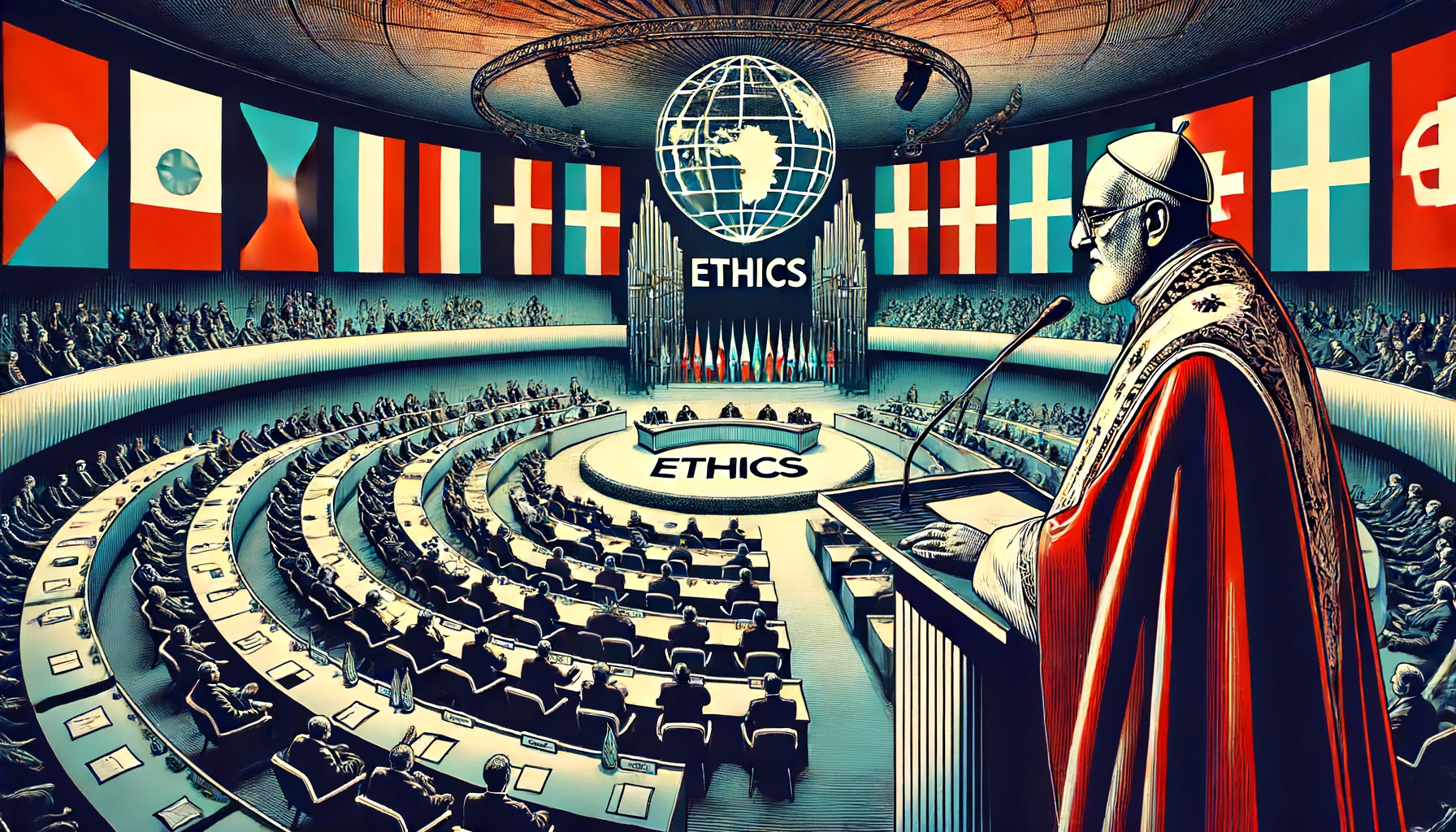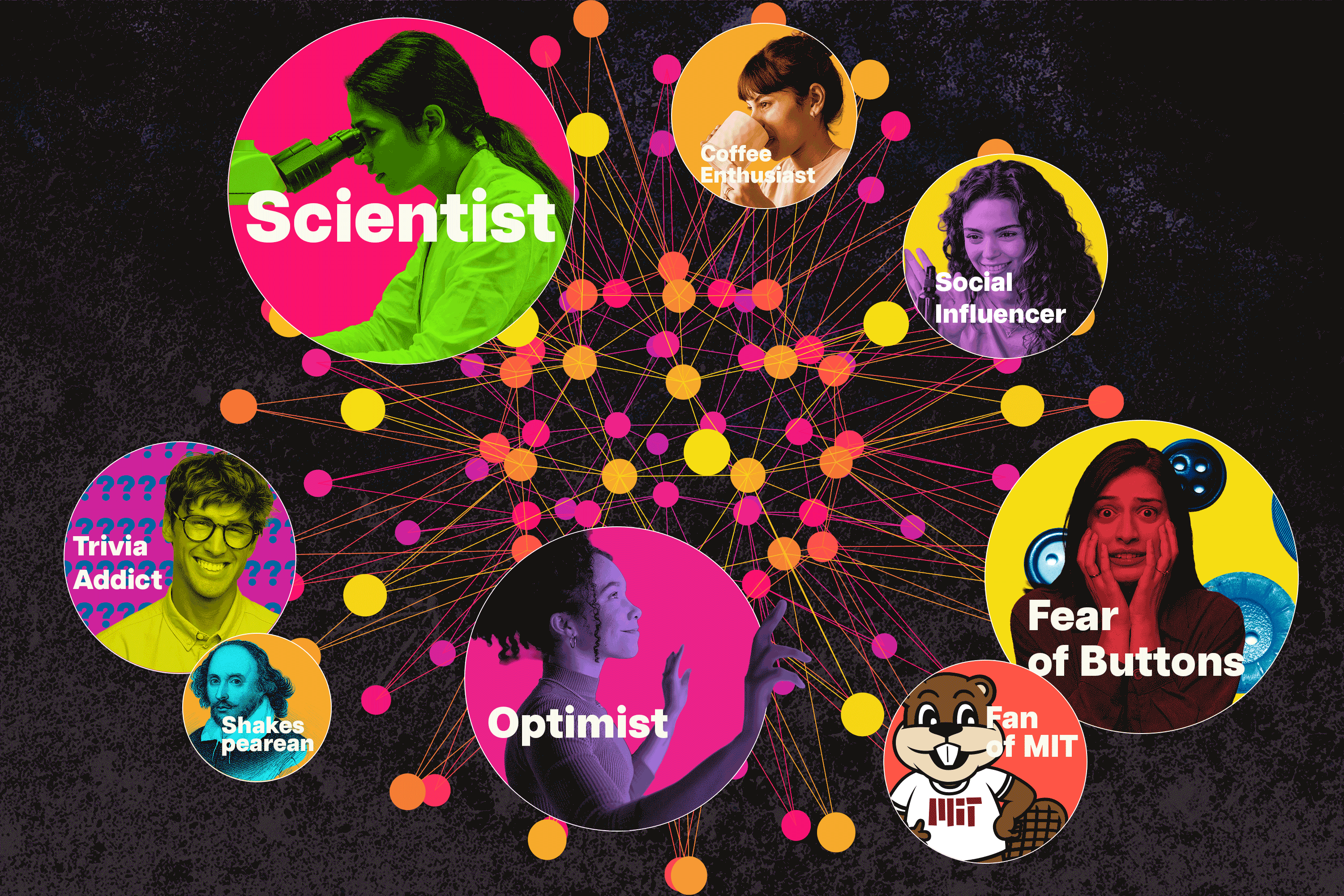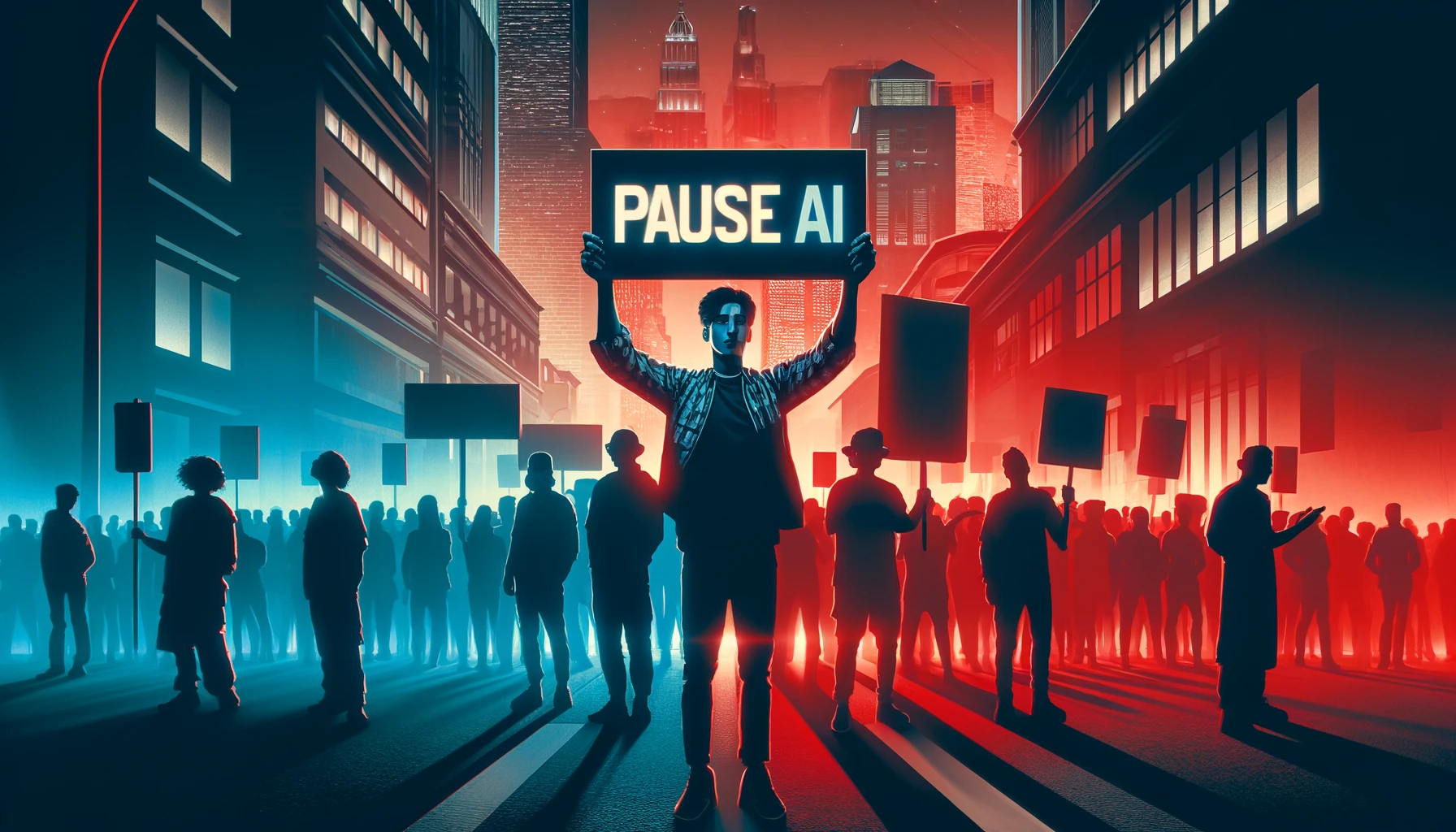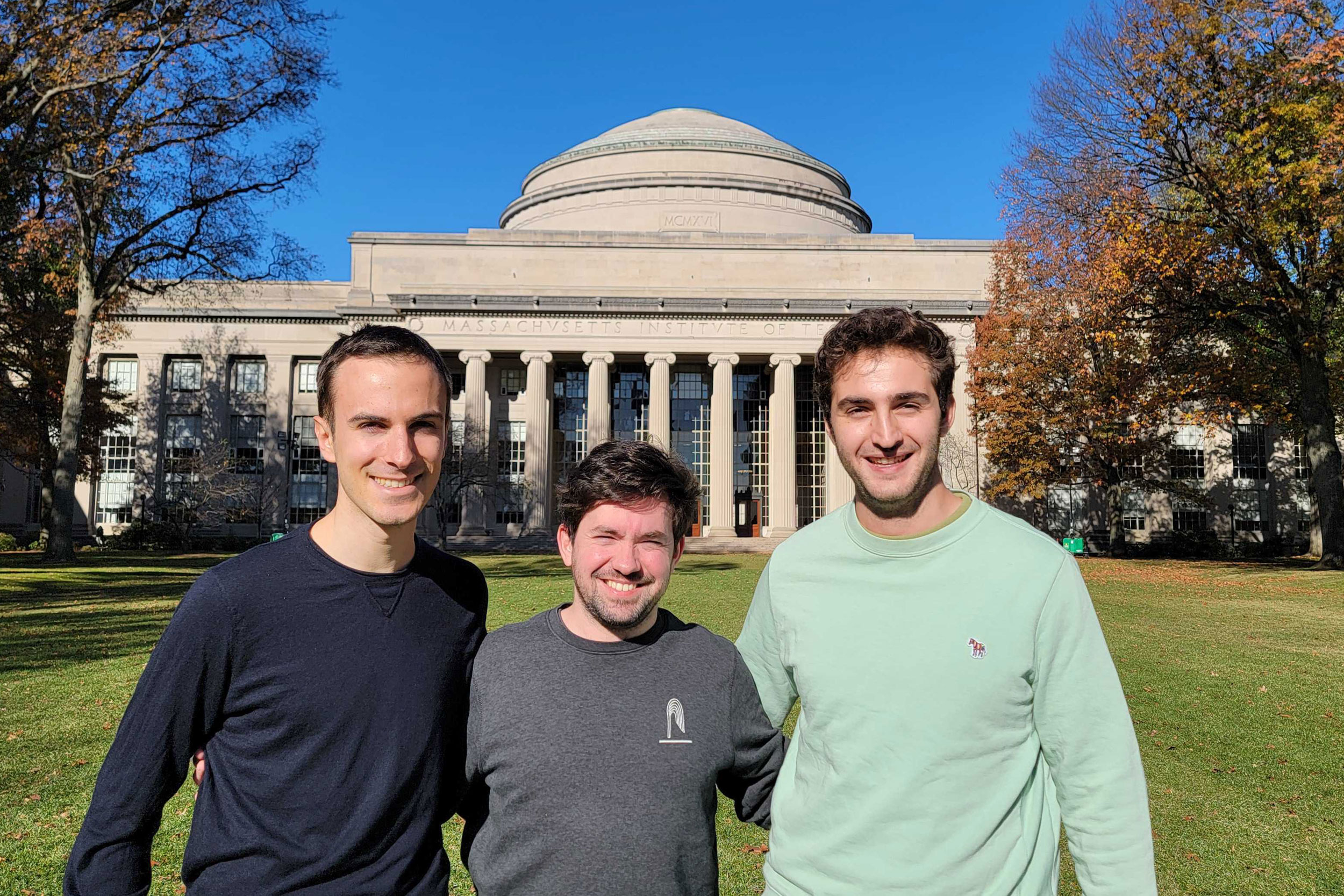Pope Francis addresses world leaders on AI ethics at G7 event in Italy
Pope Francis addressed the leaders of the G7 democracies at their annual summit in Puglia, Italy, on Friday. The 87-year-old pontiff, who arrived in a wheelchair, became an unlikely AI ethicist at the event. His message was a familiar one: AI, while promising great benefits to humanity, poses grave risks if not properly controlled. Francis urged the assembled leaders, including US President Joe Biden and host Italian Prime Minister Giorgia Meloni, to ensure that AI remains human-centric. To “speak of technology is to speak of what it means to be human,” Francis said, warning that ceding too much decision-making power The post Pope Francis addresses world leaders on AI ethics at G7 event in Italy appeared first on DailyAI.

Pope Francis addressed the leaders of the G7 democracies at their annual summit in Puglia, Italy, on Friday.
The 87-year-old pontiff, who arrived in a wheelchair, became an unlikely AI ethicist at the event.
His message was a familiar one: AI, while promising great benefits to humanity, poses grave risks if not properly controlled.
Francis urged the assembled leaders, including US President Joe Biden and host Italian Prime Minister Giorgia Meloni, to ensure that AI remains human-centric.
To “speak of technology is to speak of what it means to be human,” Francis said, warning that ceding too much decision-making power to machines would “condemn humanity to a future without hope” and undermine humanity’s dignity.
“We would condemn humanity to a future without hope if we took away people’s ability to make decisions about themselves and their lives, by dooming them to depend on the choices of machines,” he told world leaders.
“We need to ensure and safeguard a space for proper human control over the choices made by artificial intelligence programs: Human dignity itself depends on it.”
Francis spoke of positives, too, saying AI could enable the “democratization of access to knowledge,” the “exponential advancement of scientific research,” and a reduction in “demanding and arduous work.”
All credit to the Pope, he made non-superficial analyses of AI’s limitations, a highly salient topic debated in the upper echelons of Silicon Valley.
“Human beings are always developing and can surprise us with their actions. This is something that a machine cannot take into account,” he argued, and that algorithms “can only examine realities formalized in numerical terms.”
Pope says to ban killer robots
Francis also called for an outright ban on lethal autonomous weapons, “killer robots,” declaring that “no machine should ever choose to take the life of a human being.”
The harsh truth is that it’s likely too late for that, with AI weapons already in deployment in the Russia-Ukraine and Israel-Palestine conflicts, at least.
Italian PM Meloni invited the pope to the G7, aiming to harness his gravitas and moral suasion. It seemed to work. The pope’s appearance injected a dose of moral ponderance into the G7 discussions, with his message clearly resonating.
Later discussions acknowledged AI’s potential to disrupt labor markets as machines replace human workers and to skew criminal justice – all of which we’ve seen evidence of already.
For example, the IMF warned earlier in the year that AI could impact as many as 40% of jobs globally. AI policing systems are picking up pace, with preliminary evidence showing they can be unpredictable.
Francis also weighed in on other pressing G7 agenda items. He indirectly castigated Russia’s invasion of Ukraine, lamenting the “grave violation to the territorial integrity of a sovereign country.” He also called for a more equitable distribution of COVID vaccines and treatments to poorer nations.
The Catholic Church has a long history of grappling with the moral and societal implications of new technologies and scientific advances.
Over the decades, various popes have weighed in on issues ranging from nuclear weapons and genetic engineering to social media and climate change.
In 1963, for example, Pope John XXIII issued the iconic “Pacem in Terris,” which addressed the threats posed by the nuclear arms race.
Pope John Paul II frequently spoke about bioethics, warning against the commodification of human life through practices like embryonic stem cell research.
More recently, Pope Benedict XVI and Pope Francis have confronted the digital age, with Francis declaring internet access a human right in 2020.
The G7 vowed to better coordinate AI governance frameworks to keep the technology in check, a sentiment running through every international summit of late.
The post Pope Francis addresses world leaders on AI ethics at G7 event in Italy appeared first on DailyAI.























